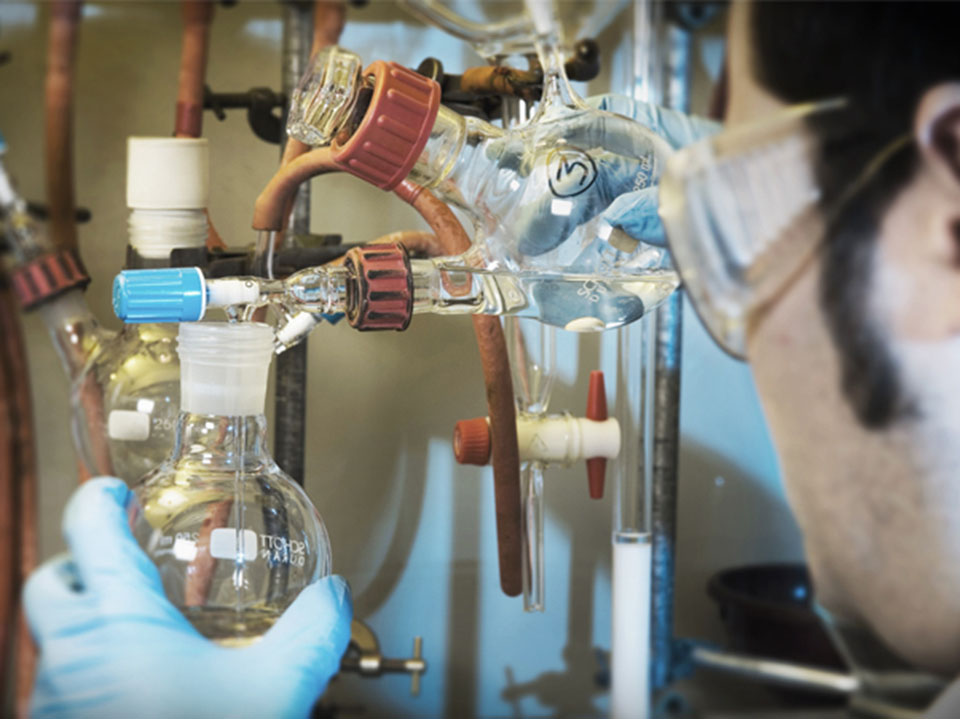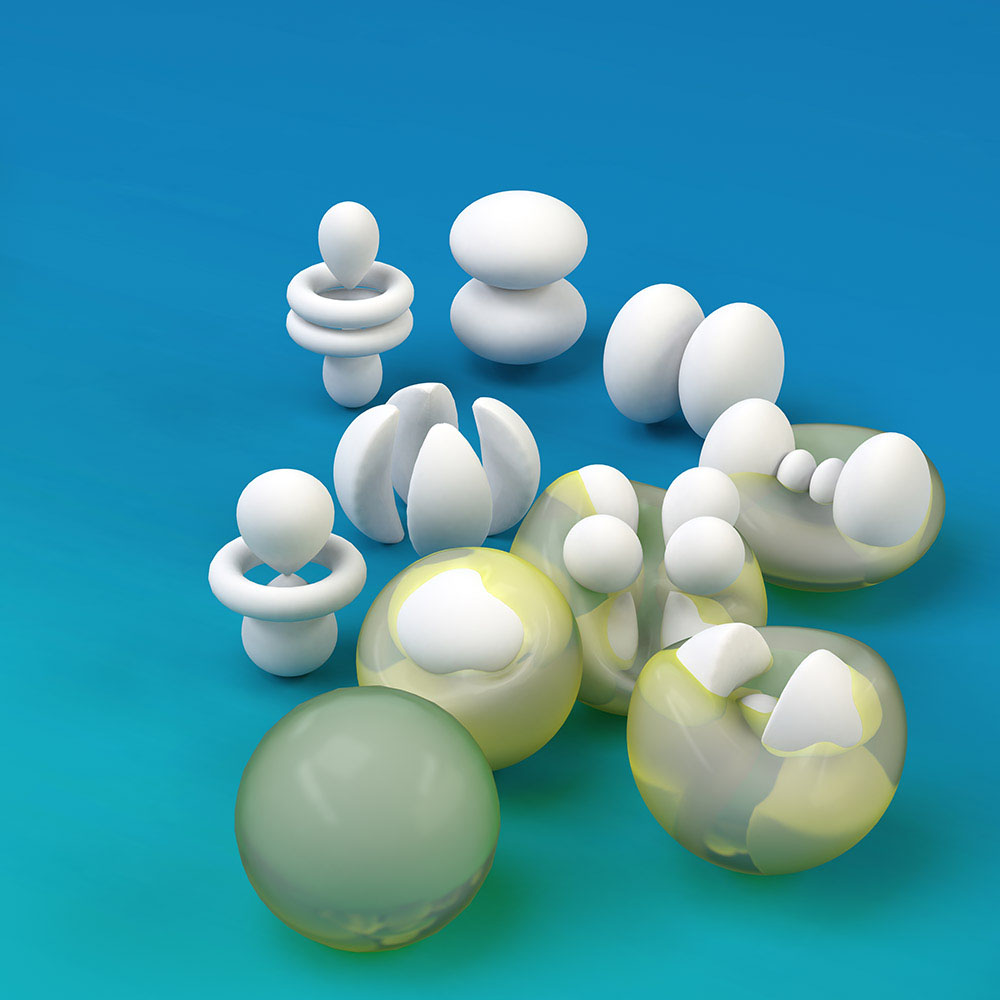The atom, a box for electrons
The matter around us is made up of atoms.
An atom is composed in its centre of a very small nucleus, and of electrons that gravitate around it. But they do not gravitate as planets do. Rather, they behave like trapped quantum waves, and they assume clearly-defined shapes. Thanks to these electrons atoms can stick to one another, thus forming molecules and solids.
The properties of matter and of modern chemistry originate from the shapes of electrons and of the bonds between atoms.

In laboratory : Quantum chemistry
Quantum mechanics is at the core of modern chemistry. Indeed, chemical bonds between atoms are governed by quantum laws: the way two electrons can overlap, for instance. Understanding these bonds enabled researchers to create new molecules, and even new materials whose properties are commonly useful: plastic, textiles, washing powder, electronic components, medicines, batteries…

